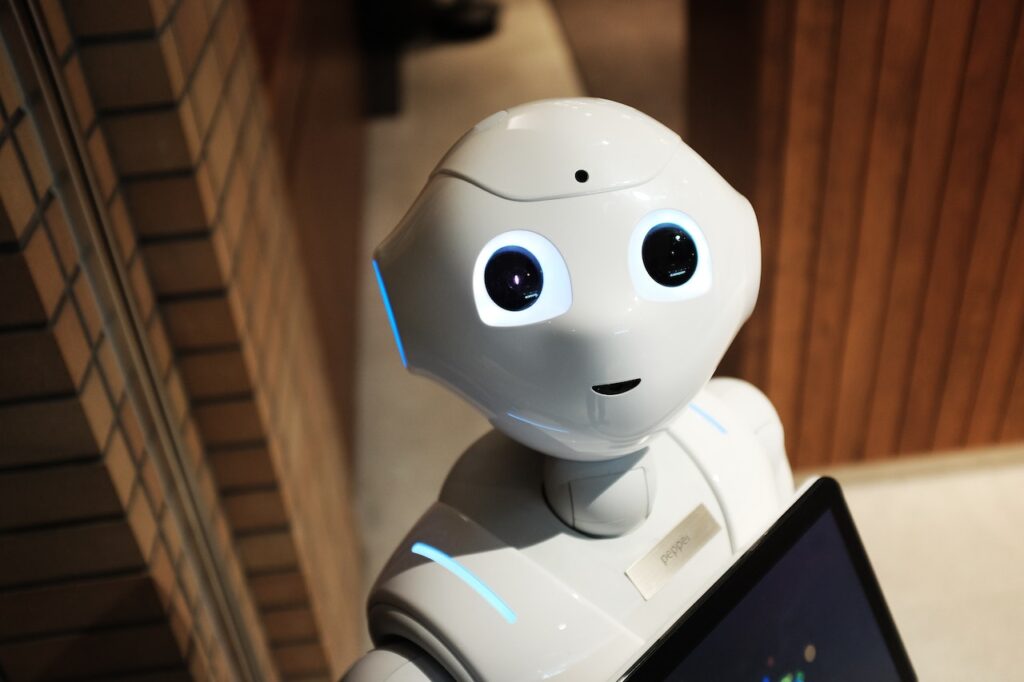Introduction
The field of robotics has come a long way since the first programmable machine was developed in the 1950s. Today, robots are widely used in manufacturing, healthcare, and even in our homes. With advancements in technology, robots are becoming more intelligent, versatile, and efficient. However, despite the numerous benefits that robots bring, there are also challenges that need to be addressed. In this article, we will explore the future of robotics, the advancements that have been made, and the challenges that need to be overcome.
Advancements in Robotics Advancements in robotics have led to the development of robots that can perform a wide range of tasks, from simple to complex. These advancements have been made possible by the integration of various technologies such as artificial intelligence (AI), machine learning, and sensors. One of the major advancements in robotics is the development of autonomous robots that can make decisions on their own. These robots are equipped with sensors that allow them to perceive their environment and make decisions based on the information they receive.
Another advancement in robotics is the development of collaborative robots, or cobots. Cobots are designed to work alongside humans, assisting them in tasks that require precision, speed, or strength. Cobots are equipped with sensors that allow them to detect the presence of humans, and they are programmed to stop their movements if a human gets too close. This makes them safe to work with, and it also allows humans and robots to work together in the same workspace.
Advancements in robotics have also led to the development of humanoid robots that can mimic human movements and expressions. These robots are designed to perform tasks that require human-like dexterity, such as assembling small parts or performing delicate surgery. Humanoid robots are equipped with sensors that allow them to perceive their environment and make decisions based on the information they receive.
Challenges in Robotics Despite the many advancements in robotics, there are still challenges that need to be addressed. One of the major challenges is the cost of developing and deploying robots. Robots are still expensive to develop and maintain, which limits their adoption in many industries. Additionally, robots are not yet capable of performing tasks that require a high level of cognitive ability or emotional intelligence, which limits their use in some applications.
Another challenge in robotics is the potential impact on employment. As robots become more advanced and capable of performing a wider range of tasks, there is a concern that they will replace human workers. While robots can increase efficiency and productivity, they cannot replace the creativity, empathy, and problem-solving skills of human workers. Therefore, there needs to be a balance between the use of robots and the employment of human workers.
Lastly, the safety and ethical implications of robotics need to be considered. As robots become more autonomous and intelligent, there is a risk that they could cause harm if they malfunction or make the wrong decisions. Therefore, it is important to ensure that robots are designed with safety in mind, and that there are protocols in place to deal with any issues that may arise.
Conclusion
The future of robotics is exciting and promising. With advancements in technology, robots are becoming more intelligent, versatile, and efficient. However, there are also challenges that need to be addressed. The cost of developing and deploying robots, the potential impact on employment, and the safety and ethical implications of robotics all need to be considered. As we continue to develop and improve robotics, we must ensure that we are doing so in a responsible and ethical manner. By doing so, we can realize the full potential of robotics and the benefits they can bring to society.





Pingback: apk
Pingback: sahabatkartu
Pingback: texasguntrader
Pingback: เครื่องซักผ้า ยี่ห้อไหนดี
Pingback: magic mushrooms for sale USA
Pingback: Buy psilocybin mushrooms capsules online australia
Pingback: aksara178
Pingback: magic mushrooms for sale online australia
Pingback: นำเข้าสินค้าจากจีน
Pingback: weed for sale online
Pingback: yehyehคาสิโน
Pingback: magic mushrooms for sale australia
Pingback: Hosting
Pingback: บา ค่า ร่า ออนไลน์
Pingback: คา สิ โน สล็อต
Pingback: limousine Bangkok airport
Pingback: fryd
Pingback: 2LOTVIP ฝาก - ถอนออโต้
Pingback: buy nova cart
Pingback: คาสิโนสด
Pingback: Realistic tattoo Khao Lak